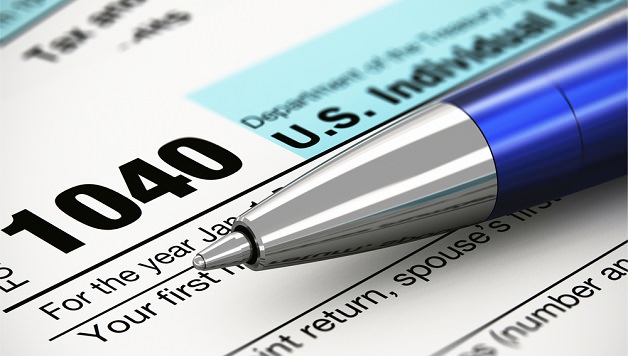
IRS targets bitcoin
Those trading in digital currency in the US will soon be given more guidance on their tax reporting requirements.
The Internal Revenue Service (IRS) has agreed to provide more information on this topic following a report from the Government Accountability Office (GAO), which highlighted current confusion surrounding digital currencies and tax.
The GAO put the report to the IRS and recommended it find relatively low-cost ways to provide information to taxpayers on the basic tax reporting requirements for virtual currencies.
In a response letter to the GAO, Stephen Miller, deputy commissioner for services and enforcement at the IRS, said: "The Service is aware of the potential tax compliance risks posed by off-shore and anonymous electronic payment systems and we are working to address these risks.
"We agree that providing taxpayers with information on the basic tax reporting requirements for transactions involving virtual currencies could further aid our efforts."
Robert Wood, who practices tax law nationwide with Wood LLP, said: "I believe the concern is that some are intentionally evading taxes, and that a larger number of people just haven’t thought about it."
He went on to say that, in his experience, this is true with many barter transactions, too.
"Many people seem to be surprised when they learn that there could be tax implications," added Wood, who is also a writer for Forbes.
He said the big issue centers around how the government will go about identifying and taking action against those avoiding paying tax on digital currency transactions.
"I think the assumption by many is that these are 100 percent anonymous and that no one can track them. But it seems likely that the IRS will start imposing Form 1099-type obligations, if they already do not apply," Wood concluded.
Meanwhile, in the UK, a spokesperson for Her Majesty Revenue and Customs (HMRC), said the department is "closely monitoring the development" of the digital currency market.
He went on to say, however, that the tax system already deals with transactions in currencies other than sterling.
If a digital currency, such as bitcoin, is used in the payment of someone who is offering goods or services, that person is classed as a trader, so the profits are taxable.
The spokesperson added that traders would need to convert their profits into sterling before entering them into their UK tax returns.
Also, those who are VAT-registered must remember to charge VAT on any goods and services they supply within the UK.
Both the UK and the US governments are keen to get the word out there that they are aware alternatives to the state currency are being used and are on the rise. The question is, when will tax regulations be altered to give specific mention to digital currency?
DISCLOSURE
The leader in news and information on cryptocurrency, digital assets and the future of money, CoinDesk is a media outlet that strives for the highest journalistic standards and abides by a strict set of editorial policies. CoinDesk is an independent operating subsidiary of Digital Currency Group, which invests in cryptocurrencies and blockchain startups. As part of their compensation, certain CoinDesk employees, including editorial employees, may receive exposure to DCG equity in the form of stock appreciation rights, which vest over a multi-year period. CoinDesk journalists are not allowed to purchase stock outright in DCG.

